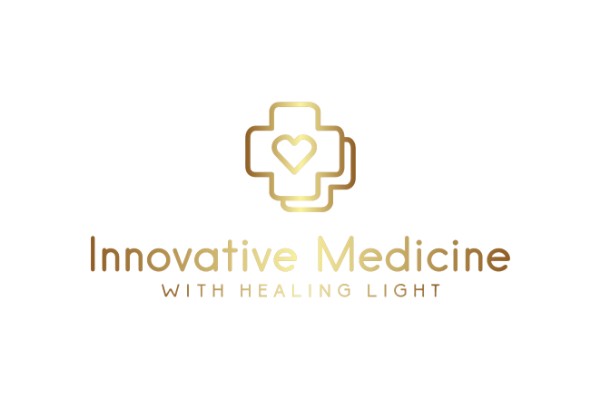Boron is a mineral that is not mentioned much, but that exists in the environment and our body, especially to maintain healthy joints and help bones. However, it is still under discussion whether it is essential for humans. There are many forms that boron is found in food. Today we are going to talk about this element to get to know it better.
Features

Boron acts to metabolize other minerals that we consume, such as phosphorus, copper, magnesium, and calcium, all helpers of bones and joints. It is also vital to enable the use of vitamin D in the body, which significantly improves the absorption of calcium too. Hormone metabolism is also related to boron since it plays a fundamental role, as well as in the plasma membranes of cells and enzymatic reactions. Products that contain boron are considered lipid-lowering, anti-osteoporotic, anti-inflammatory, anticoagulant, and helps against certain types of cancer. It is known that boron has to do with increasing testosterone levels, which is why it became fashionable for many bodybuilders; it also intervenes in the levels of estrogens and the metabolism of steroid hormones.
Boron Deficiencies

When we do not consume enough boron, there can be a loss of magnesium and calcium, which can lead to osteoporosis in the worst cases. Also, the deficiency of this mineral has been related to stones in the kidneys and with the mental acuity. Besides, its lack of consumption can cause alterations in the general metabolism of minerals, the cognitive sense, modifications in the production of steroid hormones, and the levels of vitamins. Boron deficiency has also been linked to other kidney problems and even decreased mental alertness, as well as alterations in the brain’s alertness.
Sources

Boron is a mineral which is found naturally in ecosystems; it is a nutrient that plants absorb (since it is essential for their growth and development), and the element is made available to humans through the consumption of fruits and vegetables. This mineral is found in various fruits, but those that contribute the most are dried fruits such as plums, walnuts, apricots, and it is also found in milk, potatoes, apples, cheese, wine, beer, and soybeans. Boron does exist in animal tissues. However, the amount is so miniscule that it is not considered a significant contribution to the body, so the recommendation is that it be ingested through plant origin products.
Supplements and Dose

This mineral can also be ingested in food supplements in some instances. However, this has to be determined by a doctor when there is a lack of calcium and magnesium and other reasons. It is also consumed by high-performance athletes since it has been observed that it dramatically helps relieve pain and inflammation of the joints and strongly helps the bones. It is also prescribed when there is a bone break to help the bone heal more quickly. This element also helps against bacterial eye infections and helps treat mouth ulcers, as well as helping to improve brain performance. However, these effects still need to be explained, as there are very few studies on the subject. Even with all the information given, there is still no recommended dose. However, it is known that boron consumption in adults is between 1mg and 3mg per day. Some doctors recommend taking 5 to 20 milligrams a day to treat the effects of osteoporosis and also to prevent it. The recommendation is that boron is consumed with meals, thus helping the absorption of calcium, magnesium, and vitamin D.
Precautions

Like all things, the excessive consumption of this element is harmful to health. It is known that you can consume up to 20 milligrams of boron a day and not suffer adverse effects. If you start to consume high amounts and excess, symptoms such as diarrhea, vomiting, nausea can occur. There may also be alterations in the reproductive organs. In pregnant women, it recommends that it not exceed 20 milligrams a day, and in lactating women that it does not exceed 17 milligrams. Before taking any supplement or starting a diet, visit a doctor, since the supervision of an expert is needed to be able to guide you correctly and recommend the best diets and how to have a good contribution of this mineral for the benefit of our health. It is not recommended that a person with hormonal or renal disorders consume this mineral. If ever you have any doubts, it is always best to consult your trusted doctor.
Bottom Line
Boron has many functions in the body, although scientists have not recognized it as an essential mineral for the human body and health. Boron, however, can cause negative symptoms if it is not present in our system, so you must consume it through foods of plant origin, or as a supplement, in case a doctor recommends it for a pathology such as pain in joints, osteoporosis, among others. Remember to be aware of your health and ask a doctor all your doubts about the consumption of this element and how to incorporate it correctly into the diet.

